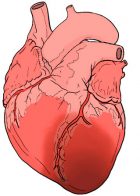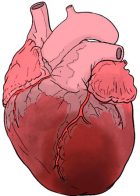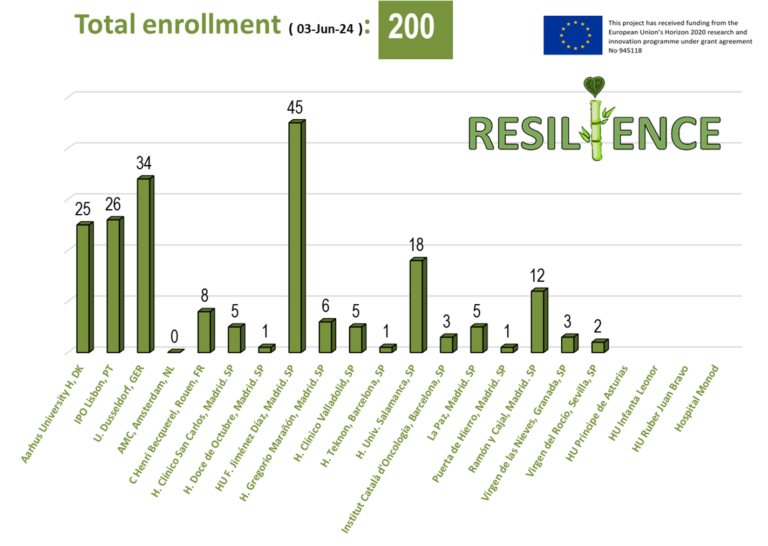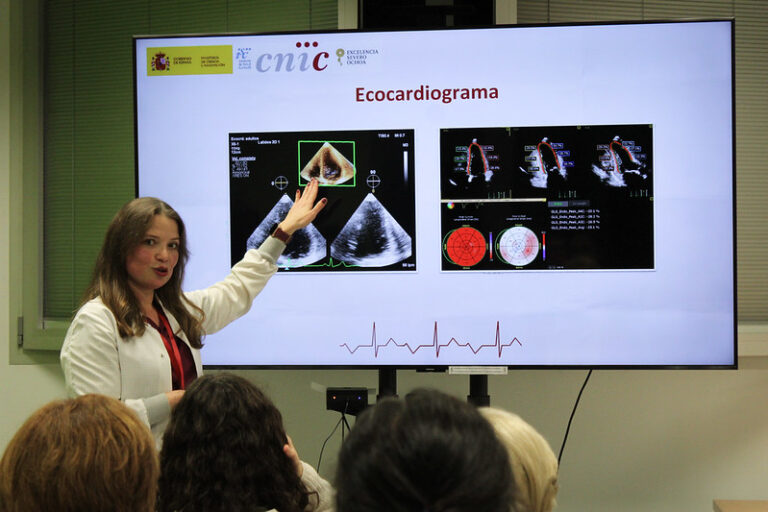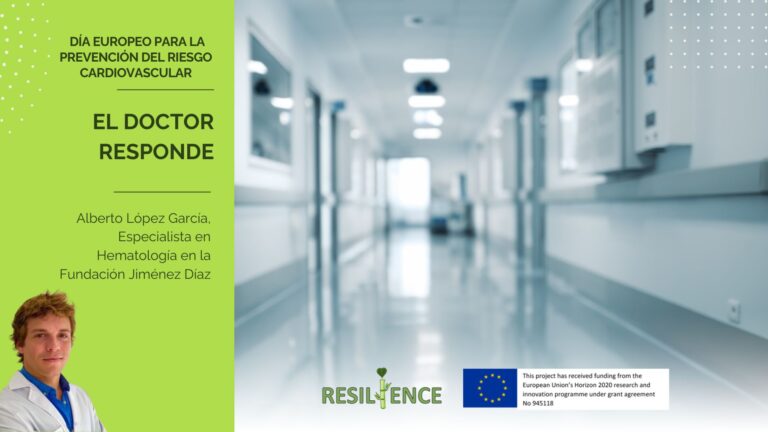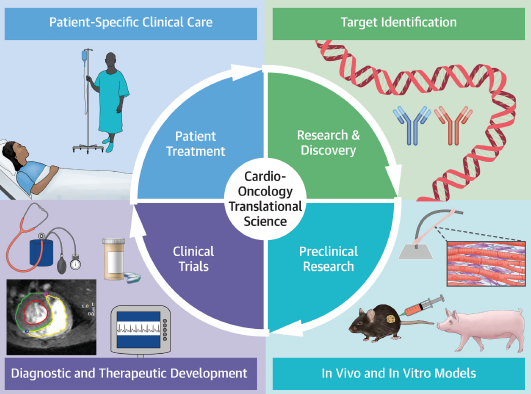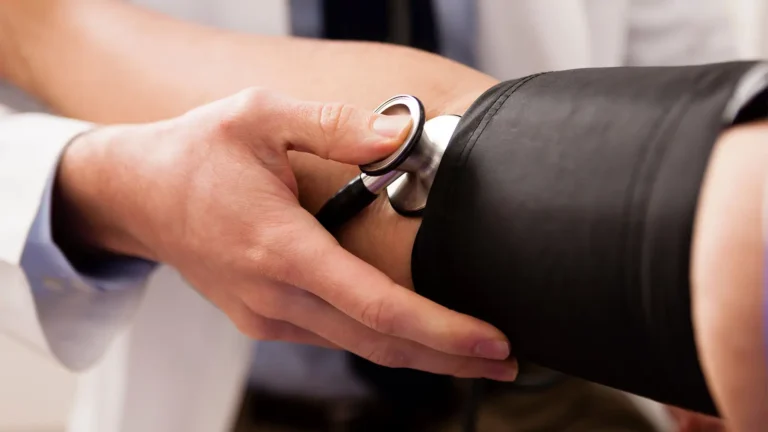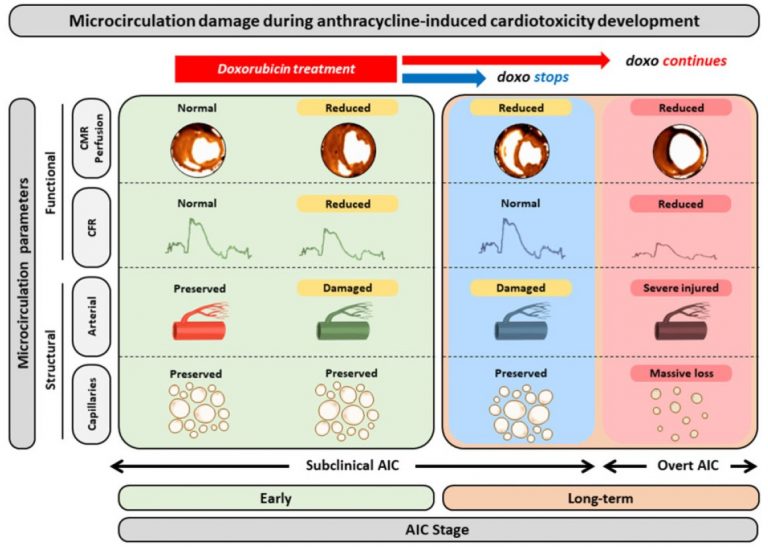One of the problems that oncology patients may face are diseases of the heart and cardiovascular system, both during treatment and once the disease has been overcome.
In the next twenty years the incidence of cancer could increase by 70%, according to WHO estimates. Half of all patients will survive for at least a decade, although this survival rate is also expected to increase thanks to significant advances in treatments. This will lead to an increased health burden from cancer-related complications, including a high risk of cardiovascular problems.
These cardiac consequences will therefore have a strong impact on healthcare systems, from an economic point of view, but also on the psychological state of patients. In this context, preventive medicine and clinical trials take on a leading role, as they are key to ensuring the quality of life of patients after cancer.
Preventing heart failure after cancer
Anthracyclines are one of the most widely used treatments because of their effectiveness in treating many types of tumors, such as lymphomas, leukemias, breast cancer and sarcomas, among others. However, they can cause irreversible damage to the heart. In fact, of the 4 million new cases of cancer diagnosed each year in Europe, it is estimated that approximately 3 million receive this treatment. This translates, according to recent studies, into around 35% of patients eventually developing moderate to severe cardiotoxicity.
Preventing this damage to the heart and improving quality of life after cancer is the main objective pursued by the RESILIENCE H2020 project. “There are many patients who survive cancer, but they change one disease for another and live their whole lives with chronic heart failure, which translates into a lot of medication, hospital admissions and poor quality of life,” explained Dr. Borja Ibáñez, coordinator of RESILIENCE and scientific director of the CNIC, during the live ‘Heart, Cancer and lifestyle’, carried out on Instagram last May 17 and which has had more than 20,000 reproductions. The multidisciplinary team that is part of the project has identified a “very simple” treatment, which has proven to be very effective in protecting the heart.
This is remote ischemic conditioning, a procedure whereby brief and repeated episodes of interruption of circulation in a limb (arm) occur. These stimuli favor the sending of signals to other organs, such as the heart, making them more resistant. This method has been tested in patients who have suffered heart attacks, heart surgery and strokes, but for the first time it will be applied in the context of anthracycline cardiotoxicity. The trial is currently recruiting patients and is recruiting up to 600 patients diagnosed with non-Hodgkin’s lymphoma and at risk of cardiotoxicity in 5 European countries.
If you want to know more about the RESILIENCE H2020 project, please contact us!

